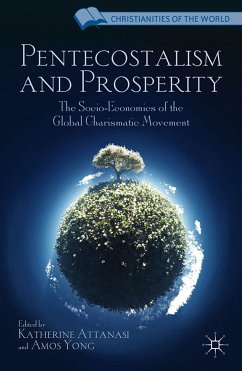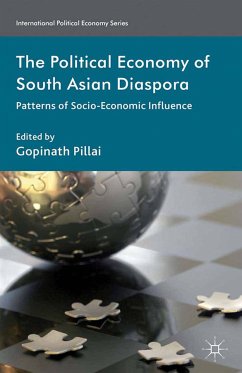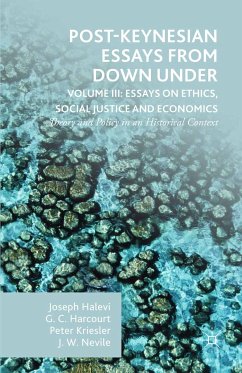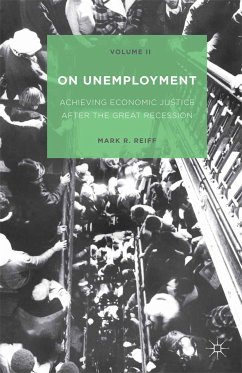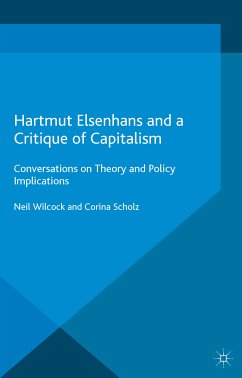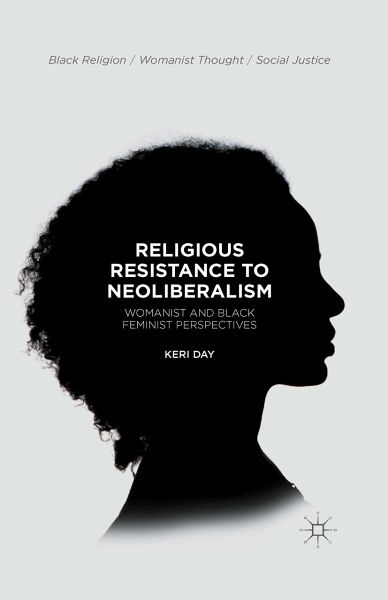
Religious Resistance to Neoliberalism (eBook, PDF)
Womanist and Black Feminist Perspectives
Versandkostenfrei!
Sofort per Download lieferbar
104,95 €
inkl. MwSt.
Weitere Ausgaben:

PAYBACK Punkte
52 °P sammeln!
Religious Resistance to Neoliberalism offers compelling and intersectional religious critiques of neoliberalism. Neoliberalism is the normative rationality of contemporary global capitalism that orders people to live by the generalized principle of competition in all social spheres of life. Keri Day asserts that neoliberalism and its moral orientations consequently breed radical distrust, lovelessness, disconnection, and alienation within society. She argues that engaging black feminist and womanist religious perspectives with Jewish and Christian discourses offers more robust critiques of a n...
Religious Resistance to Neoliberalism offers compelling and intersectional religious critiques of neoliberalism. Neoliberalism is the normative rationality of contemporary global capitalism that orders people to live by the generalized principle of competition in all social spheres of life. Keri Day asserts that neoliberalism and its moral orientations consequently breed radical distrust, lovelessness, disconnection, and alienation within society. She argues that engaging black feminist and womanist religious perspectives with Jewish and Christian discourses offers more robust critiques of a neoliberal economy. Employing womanist and black feminist religious perspectives, this book provides six theoretical, theologically constructive arguments to challenge the moral fragmentation associated with global markets. It strives to envision a pragmatic politics of hope.
Dieser Download kann aus rechtlichen Gründen nur mit Rechnungsadresse in A, B, BG, CY, CZ, D, DK, EW, E, FIN, F, GR, HR, H, IRL, I, LT, L, LR, M, NL, PL, P, R, S, SLO, SK ausgeliefert werden.





